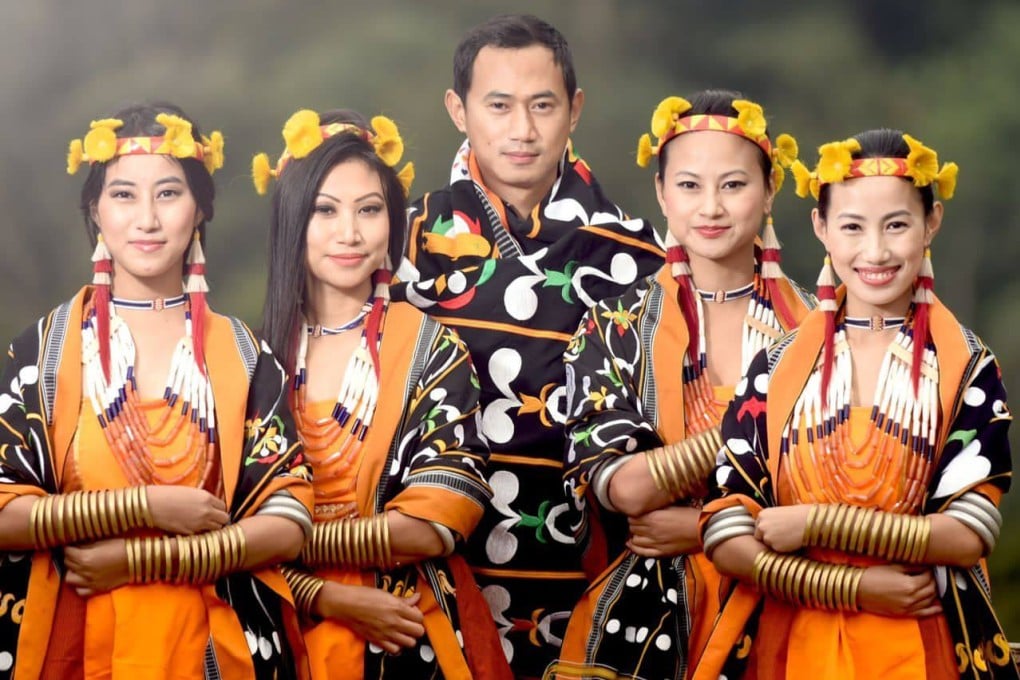Advertisement
Indian millennials use music to save traditional languages, one note at a time
- Many of India’s languages are slowly dying due to globalisation, easy access to the internet, a lack of script and dependence on oral traditions
- As many as 197 Indian languages are endangered and vulnerable according to Unesco
Reading Time:3 minutes
Why you can trust SCMP

The Tetseo Sisters, a four-member band of siblings from Nagaland in northeast India, sing in their dying native tongue of Chokri, a Sino-Tibetan language with an estimated 20,000 speakers.
The group formed in 1994 and reimagined their traditional Chokri music which was mostly vocals, but added guitars and traditional Naga musical instruments.
Videos of their haunting songs are often set in natural field landscapes and mountains, and focus on local life and culture, from pounding grain to weaving and hunting, as well as universal themes like love and loss.
Advertisement
Even their contemporary outfits are inspired by the traditional costumes and colours of the 17 tribes of their home state.
Growing up in Kohima, the siblings from the Chakhesang Naga tribe were surrounded by an eclectic mix of music from an early age, from rock and jazz to western classical and pop. They also sang in their local church choir.
Advertisement
Advertisement
Select Voice
Select Speed
1.00x